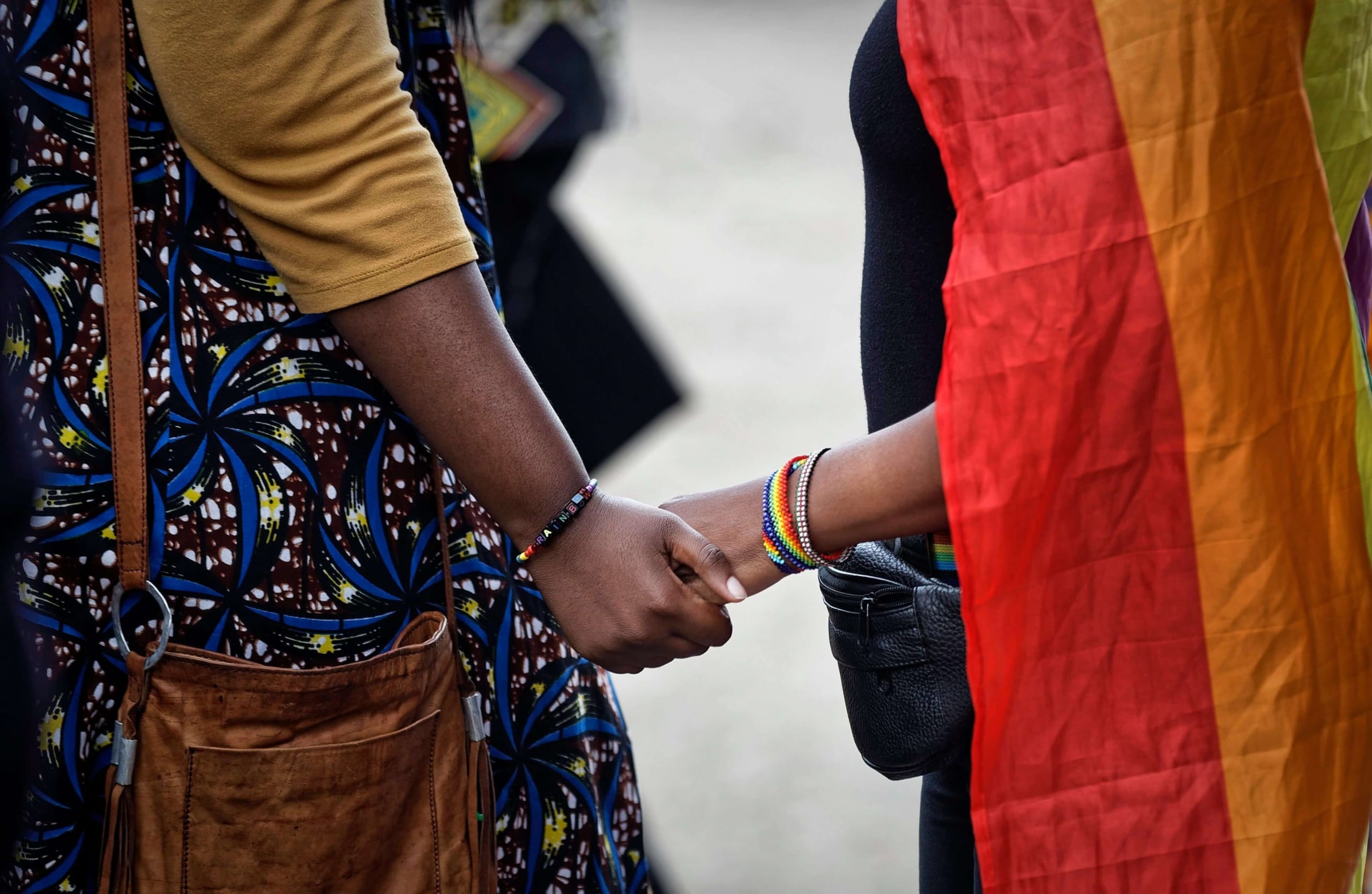In 2012, David Kuria gained global attention by declaring that he is gay. His public coming-out was prompted by political aspirations: He’d been vying for a senatorial seat in one of Kenya’s 47 counties as an independent candidate. If elected, the 40-year-old would have become the first African gay politician (outside of South Africa) and Kenya’s first openly gay elected official—a feat in a country where gay sex remains a felony crime punishable by imprisonment.
LGBTQ+ folks in Kenya and other marginalized groups in and outside of the country hailed Kuria as a leader for running. But his campaign did not go as planned: He received anonymous text messages with death threats and insults. LGBTQ+ coalitions in the country also had fewer members at the time, and it was harder to rally support among the community. With little funding to continue his campaign, Kuria had no other choice: “I lost morale and withdrew,” he says.
Now, Kuria is trying again, vying for the same senatorial seat in Kiambu County that he did nine years ago. With growing support for LGBTQ+ people in Kenya, including an increasing number of registered non-governmental organizations advocating for queer and trans rights, Kuria thinks he has a real shot at winning in the 2022 election.
His run is further bolstered by plans among LGBTQ+ Kenyans to form and register their very own political party in the coming months. The new party will come under an umbrella of LGBTQ+ coalition groups in the country. According to the Gay and Lesbian Coalition of Kenya (GALK), formed in December 2012, many of its members have expressed interest in running for political seats.
“Homosexuality is still illegal under the country’s constitution. Yet LGBTQ+ Kenyans remain steadfast in their activism.”
Kuria’s own political ambitions are in large part influenced by the prospect of change for those like him. “I want to [work to] legalize homosexuality through the legislative process,” he says. Under current laws, sodomy (or gay sex) is punishable by a prison sentence of 14 years.
Hopes that those laws would change were dashed back in May 2019, when the Supreme Court of Kenya ruled against joining other African nations in decriminalizing homosexuality. The three-judge bench ruled that homosexuality should remain illegal and anyone found guilty of any homosexual act can receive a prison sentence. Today, homosexuality is still illegal under the country’s constitution.
Yet LGBTQ+ Kenyans remain steadfast in their activism, placing their hope in a possible referendum this year that could amend the constitution on a number of issues, including homosexuality.
Njeru Gateru, the executive director of Kenya’s National Gay and Lesbian Human Rights Coalition, says encouraging LGBTQ+ community members to seek elective government seats is a good place to start.
“There are thousands of us and many of us are living secretly due to stigma.”
That’s John Nyaga’s plan. Like Kuria, the 37-year-old is hoping to enact change through politics, running for a gubernatorial seat in the forthcoming elections.
It hasn’t been an easy road for Nyaga: He has faced arbitrary arrests, assaults and damage to his personal property because he is open about his sexual orientation. Despite it all, he isn’t deterred from running for office. “I want to articulate LGBTQ issues in parliament,” Nyaga says. “We will push for gay and lesbian rights to be recognized in whatever legal way possible in the Kenyan constitution.”
For Gateru, Kuria and Nyaga’s efforts must be applauded. “There are thousands of us and many of us are living secretly due to stigma,” he says. “It is a good way of fighting [homophobia] away.”


 Why you can trust Xtra
Why you can trust Xtra


